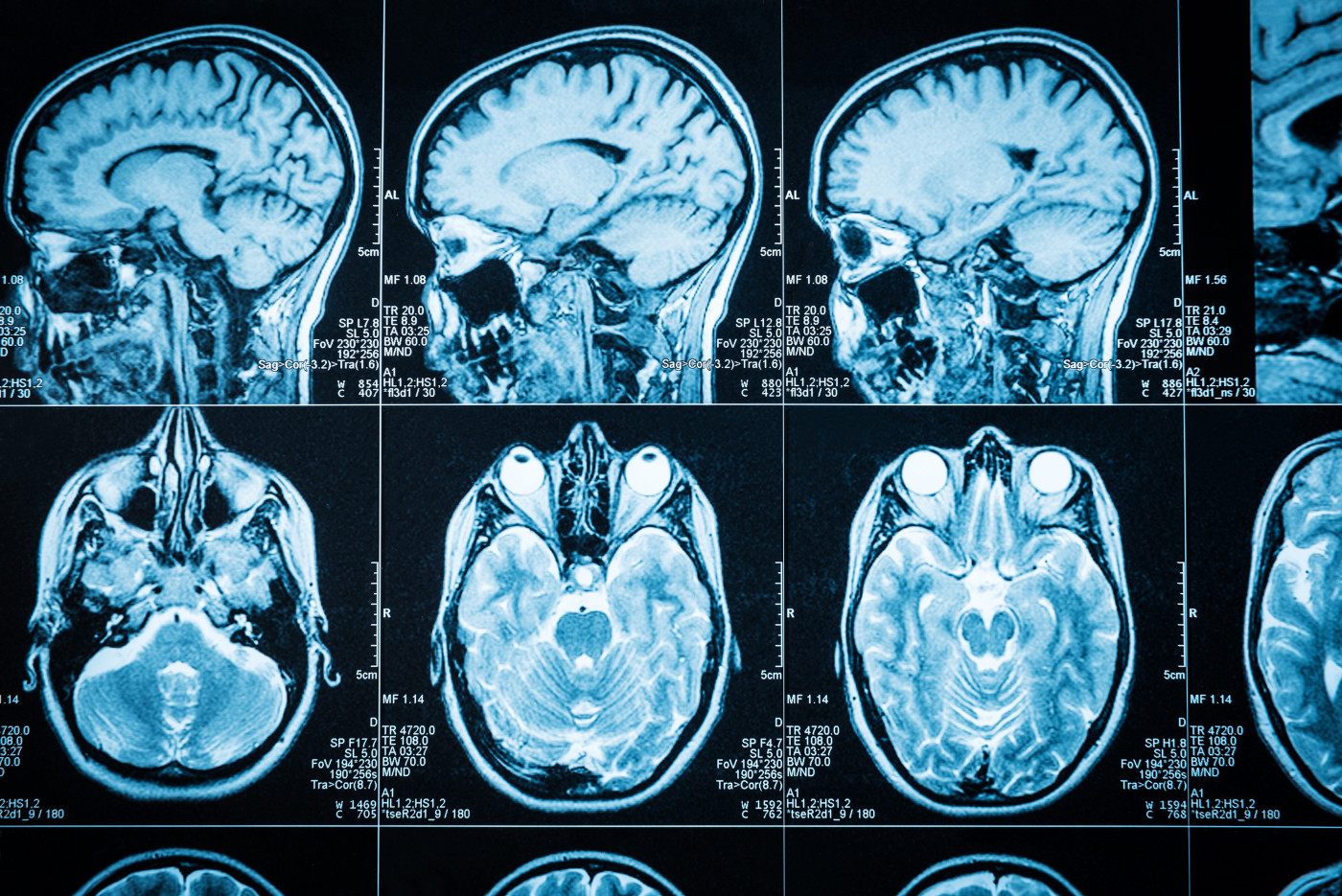

To schedule an appointment with a specialist at Main Line Health, call 1. (1.866.225.5654) or use our secure online appointment request form. Immune – Lesions caused by a condition such as multiple sclerosis (MS), affecting the brain’s ability to send signals.ĭepending on the type and cause of your lesion, treatment options vary and may include medication, surgical removal of the lesion, and in cases of cancer, radiation therapy and chemotherapy.When that happens, damaged areas known as. Examples of vascular lesions include aneurysms, arteriovenous malformations (AVM) and stroke. If you have multiple sclerosis (MS), overactive immune cells in your body trigger inflammation that damages myelin. Vascular – Lesions that may develop congenitally (before birth) or may develop over time, often discovered by the time a person is in his or her 30s.symptoms of brain metastases are caused by the expansion of lesions and. Malignant – Lesions caused by a cancerous tumor affecting surrounding tissue. A review of treatment options exist for metastatic brain tumors and related.Infectious – Lesions caused by a viral, bacterial or fungal infection (e.g., meningitis).Examples include hematomas and intracerebral hemorrhage. Traumatic – Lesions that develop due to traumatic brain injury or some other type of trauma to the head.A paper published in 2020 (Flemming et al) found that brainstem location is a strong predictor of hemorrhage. Studies have indicated that brainstem lesions are more likely to present with an initial hemorrhage and are more likely to rebleed.

Benign – Lesions that grow slowly and rarely affect surrounding tissue or become cancerous (malignant). Approximately 20 of cavernous angiomas are located in the brainstem.There are different types of brain lesions, each with different characteristics. Some people with brain lesions also experience changes in mood, personality and behavior, depending on what area of the brain the lesion or lesions is affecting. There may be just one or several, which may or may not produce symptoms, such as: The lesion shows up as a light or dark area on the brain. The lesions are often found during an MRI or CT scan being performed to test for or diagnose some other condition. The cause of a brain lesion is sometimes unknown. Injury, infection or disease can damage brain tissueĪn intracranial lesion or brain lesion is damage to the brain tissue because of illness, injury, disease or infection, or some other cause.


 0 kommentar(er)
0 kommentar(er)
